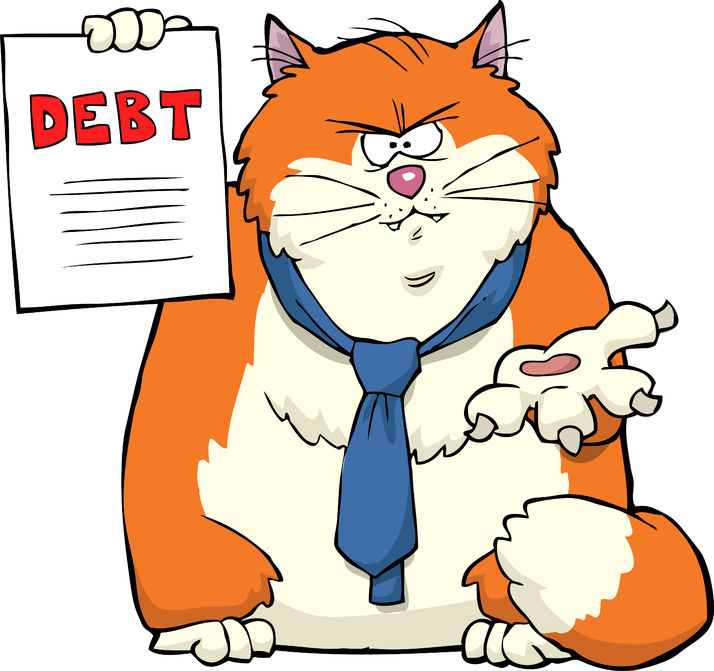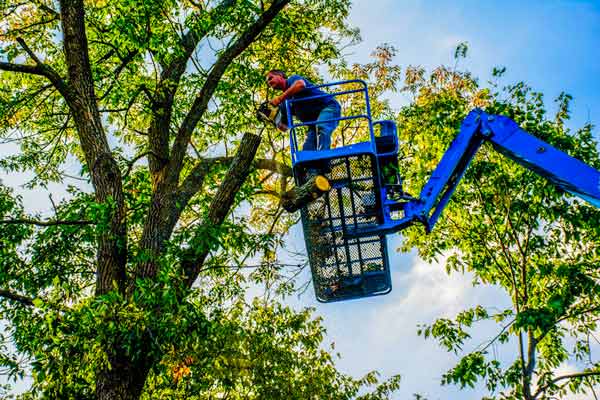If you have loaned someone money and registered mortgage over their property as security you are a “mortgagee”. If the borrower has stopped making interest and principal repayments there is a process you need to follow to enforce your rights under the mortgage.
What can you do?
If the borrower is in default because they have breached the terms of the mortgage, either because they have failed to make the required payments or they have failed to do something else under the mortgage, you have the right to enforce the mortgage.
To enforce the mortgage you will need to serve a Property Law Act notice on the borrower demanding repayment of the debt. Once you serve the notice, the borrower will generally have 60 working days* to repay all outstanding monies. The law requires the notice to contain certain information and to be served on certain persons. Please call me for assistance rather than trying to do this yourself.
* The mortgagor will have 60 working days if the only default under the mortgage is failure to pay the principal sum when it was due and the mortgagee has continued to receive interest payments for at least 3 months after the default. In other cases in is likely to only be a minimum of 20 working days.
If the money is not repaid by the required date you will have the following options:
- enter into possession of the mortgaged land;
- manage the mortgaged land or demand and recover income from the mortgaged land;
- sell the mortgaged land (this is commonly known as a “mortgagee sale”).
Who is liable for unpaid rates on the property?
By this stage you will already be out of pocket because of the unpaid debt due to you, possible lawyer’s costs and the fact you could have been earning interest off a better investment. You may be interested to know that as a mortgagee you may also be liable to cover local government rates on the mortgaged land.
Most mortgage documents contain a clause where the borrower promises to punctually pay all rates payable in respect of the land. However, as the mortgagee, you will be liable for the rates on the land if the borrower defaults in paying the rates. This is the case regardless of whether or not the borrower is otherwise in default.
If the land is sold, the usual conveyancing practice is to apportion the rates between the vendor and purchaser as at the date of possession or settlement. The practice ensures that at the time of transfer there are no arrears of rates. This also applies to mortgagee sales. Therefore, as mortgagee, you will invariably pay the rates (including arrears and any accrued penalties and interest) on settlement of a mortgagee sale.
On a side note, the local government can notify mortgagees of defaults in paying rates and accept payment from the mortgagee or recover the amount of unpaid rates as a debt from the mortgagee. If the mortgagee pays the unpaid rates the amount paid must be treated as part of the money secured by the mortgage until it is repaid to the mortgagee, and the provisions of the mortgage apply to that amount. If the local authority has not taken these steps, the unpaid rates will in effect act as a charge on the property and rank in priority to the mortgage.





Leave A Comment